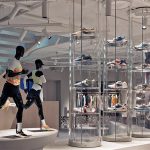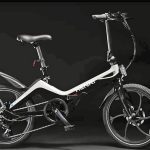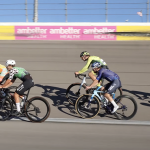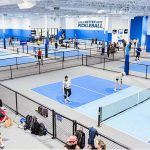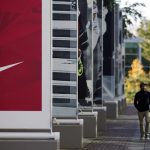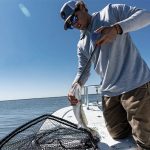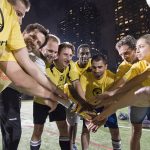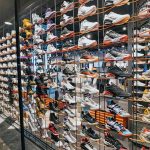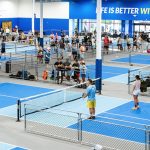The National Operating Committee on Standards for Athletic Equipment (NOCSAE) has issued a warning to athletes and parents of athletes to thoroughly understand the extent of protection provided by – or not provided by – athletic equipment worn while playing sports. This warning follows claims made by several companies that products such as head bands, supplements or mouth guards reduce the incident of concussion. NOCSAE issued the warning at the onset of its summer meeting held this year in Kansas City.
“Parents, athletes and coaches are becoming more informed about concussions, and this increased awareness is vitally important to advancing athlete safety. But it also creates a demand for quick solutions. Unfortunately there are quick solutions offered for sale which have neither scientific nor medical support that validate their claims to prevent or reduce concussions,” said Mike Oliver, NOCSAE executive director. “Any device or supplement promoted as being able to prevent, diagnose or cure a concussion must be supported by scientific data and peer-reviewed research. Currently there is no definitive scientific research linking mouth guards, head bands, supplements or other specialty products to a reduction in concussion risk or severity. For companies to suggest otherwise misleads athletes, parents and coaches into a dangerous false sense of protection against concussion. NOCSAE warns athletes and parents of athletes to get the facts about sports equipment and concussion protection and not rely solely on marketing and promotional materials when making equipment decisions.”
NOCSAE does not maintain any standards for such products, and, therefore, no such products can be claimed as meeting the NOCSAE standards.
NOCSAE also recently rejected the Virginia Tech Rating System for Football Helmets, which ranked adult football helmets for their ability to reduce the risk of concussions.
While protective equipment certified to the NOCSAE standard play an incredibly important role in protecting athletes on the field of play, they should be not the primary approach to protecting against concussion. Learning to avoid unnecessary head impacts, reporting concussion symptoms to a coach or parent and following trained medical management decisions about when a concussed athlete can return to play are far more likely to prevent a concussion or reduce the chance of chronic problems that may be related to untreated concussions. For the most reliable information regarding concussion protection and prevention, NOCSAE encourages athletes and parents to carefully review the free downloadable resources created by the Centers for Disease Control regarding concussion recognition, response and prevention. Those resources can be found at www.cdc.gov/concussion/sports/.


